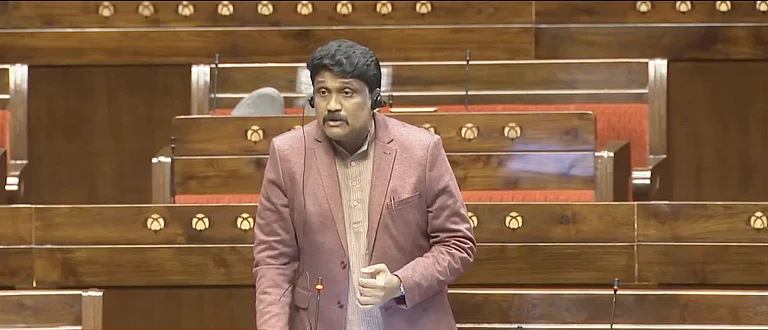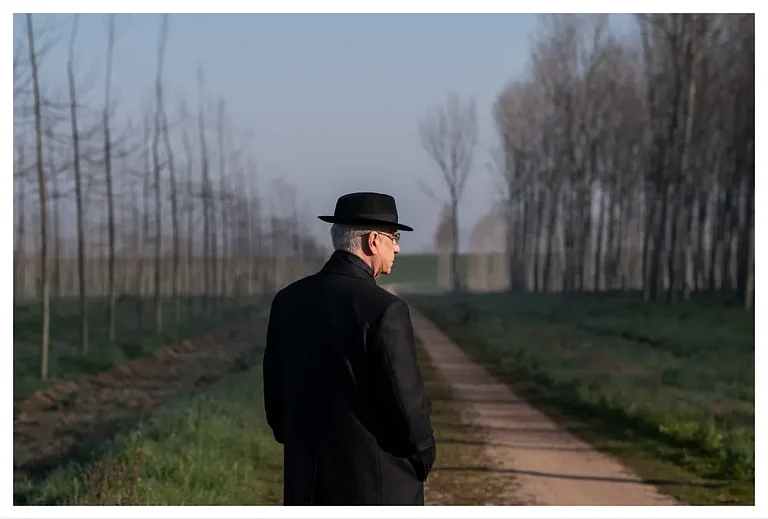Days after the United Kingdom passed its controversial Rwanda bill for asylum seekers, the Republic of Ireland is considering an amendment to its own laws for asylum seekers. As per the latest updates, Ireland is considering sending all asylum seekers back to the UK.
As per broadcaster RTE, Ireland is considering sending back asylum seekers who have been crossing into the republic back to the UK.
Dublin's Minister of Justice Helen McEntee has told a parliamentary committee that around 80 percent of the people applying for asylum in Ireland have entered by crossing the land border with Northern Ireland, which is part of the UK.
As per The Guardian, Ireland's newly elected PM Simon Harris has already sought for proposals for emergency laws regarding asylum seekers.
The taoiseach's demands come amid concerns of the asylum seekers being rerouted to Ireland after the UK finalised its Rwanda bill.
The Irish prime minister has chosen not to comment on the UK's and other countries migration policies, but will work towards "protecting the integrity of Ireland's migration system".
“Ireland has a rules-based system that must always be applied firmly and fairly. This is one of a number of measures we are taking to strengthen our system and ensure that it is strong, effective and agile. Rules and the integrity of our migration system will be to the fore of our actions," stated a spokesperson for the Irish PM.
Rishi Sunak's Rwanda Bill Gets Green Light
UK Prime Minister Rishi Sunak's controversial Rwanda bill was approved by the parliament last week. Following approval from the UK parliament, Britain's King Charles III also granted his royal assent to the bill.
The Rwanda bill will now be converted into a law and as per the Indian-origin prime minister, the effects of the law will take at least 10 to 12 weeks to implement.
Following reports of asylum seekers rerouting to Ireland, the UK PM has stated that London's Rwanda plan is already serving as a deterrant.
"What it shows, I think, is that the deterrent is... already having an impact because people are worried about coming here," the UK PM told Sky News.




























